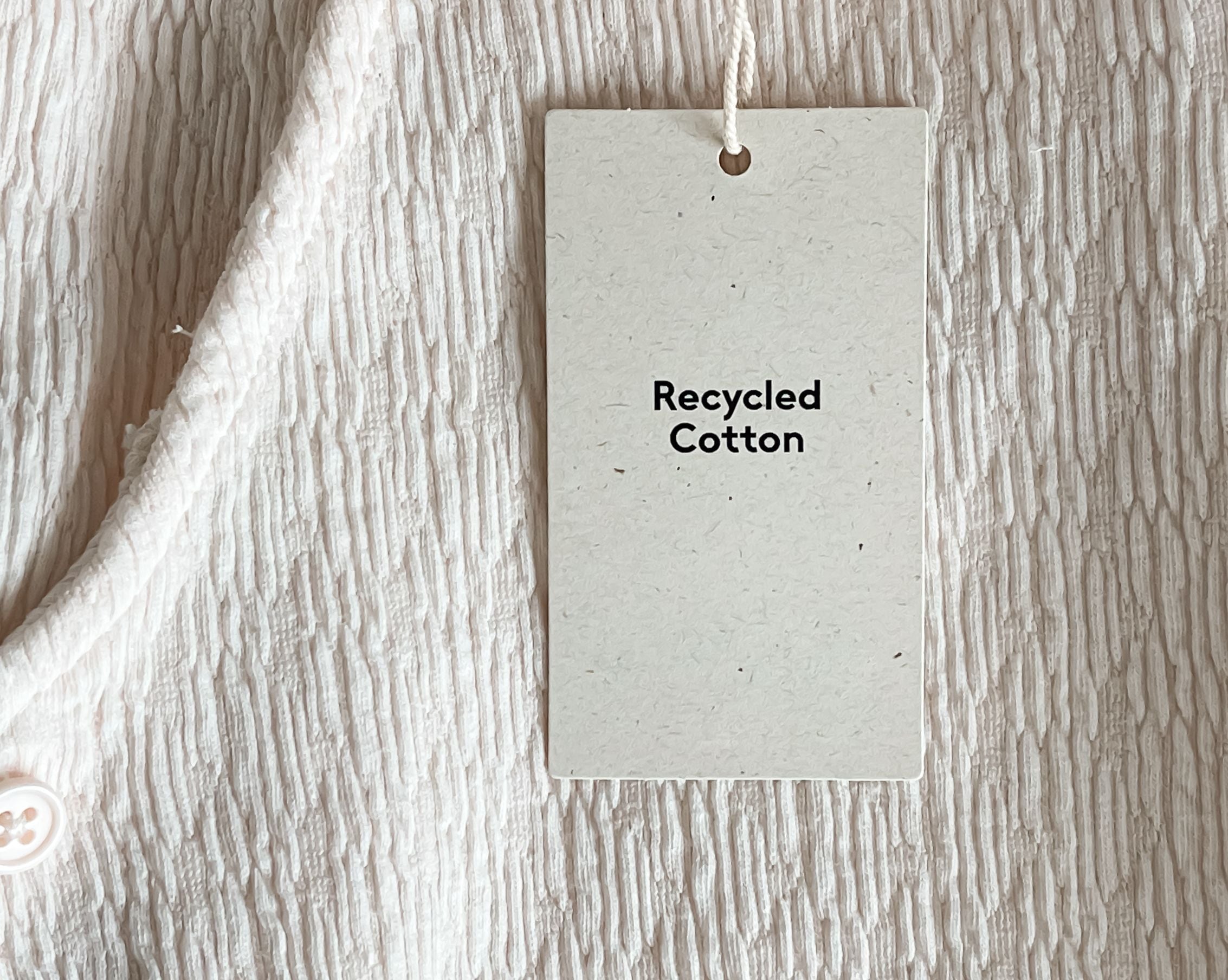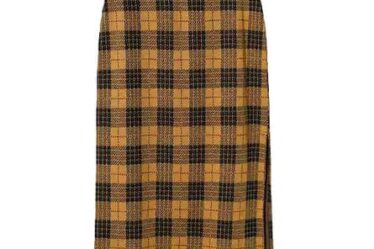
Polyester recycling company Syre has raised $100 million to help finance construction of a pilot plant in the US this year, pave the way to start building two commercial facilities by 2025 and complete the acquisition of the patented technology underpinning the venture.
Syre was launched by H&M Group and green industry investor Vargas in March to mass produce recycled materials, starting with polyester, a huge contributor to the fashion industry’s emissions.The series A round nearly doubles the $60 million put in by the venture’s initial backers, including private equity firm TPG. Both TPG and H&M provided additional capital, alongside new investors Giant Ventures and Norrsken VS, Volvo Cars and Ikea-owner Ingka Group’s Imas Foundation.
The mix of high-profile players gives Syre clout at a challenging moment for the textile recycling space. Though incoming regulations are amping up pressure on brands to increase their sourcing of recycled materials, technologies that could turn old clothes back into new fibres have so far struggled to scale.
Syre launched shortly after Renewcell, another recycling venture backed by H&M, went bankrupt. The collapse sent shockwaves through the nascent sector, highlighting the technical and commercial hurdles to successfully bringing new recycling technologies to commercial scale.
In its favour, Syre has secured a $600 million take or pay contract from H&M that guarantees a market for its material as it becomes available. Its new investors include major players from other key target customer segments: automotives and home furnishing. The company says its recycling solution offers a plug-and-play alternative to virgin polyester that will be able to drop into existing manufacturing processes and compete with existing recycled polyester options on price.
The company will require billions more dollars to go from an initial pilot plant that’s still under construction to 12 industrial facilities around the world within the next decade. It aims to start building two commercial plants in Vietnam and either Spain or Portugal by next year.
”It is a massive undertaking,” said Syre CEO Dennis Nobelius. But the opportunity is also significant as brands look for new textile recycling options. “There will be a big supply demand gap.”
Learn more:
Op-Ed | Circular Fashion Needs Government Incentives
Textile-to-textile recycling technologies could be a climate game changer for fashion’s environmental footprint. But like renewable energy, they need state support for market efforts to scale, argues Nicole Rycroft.



